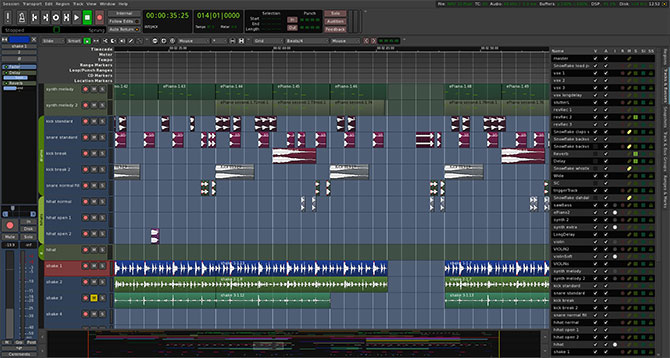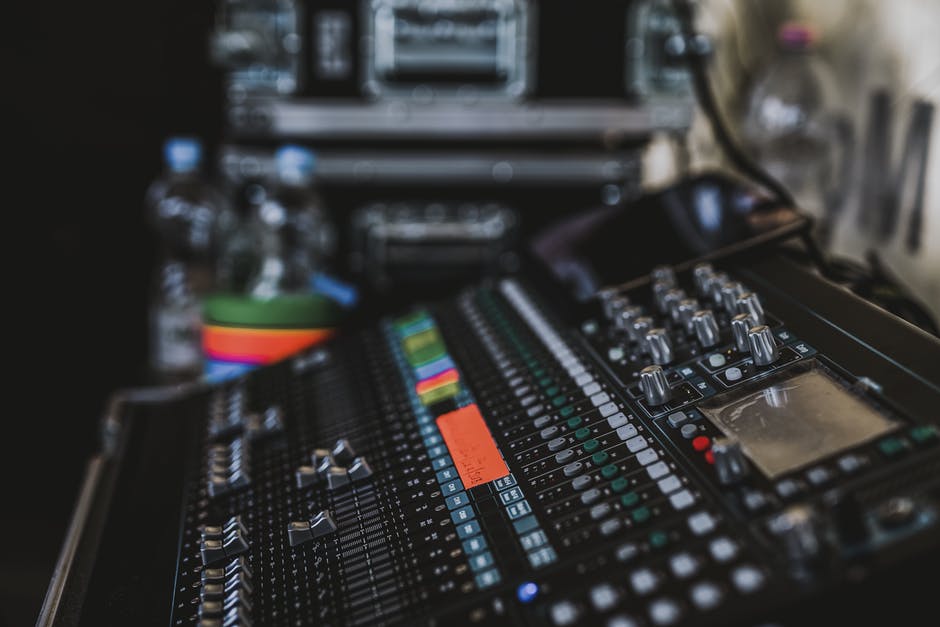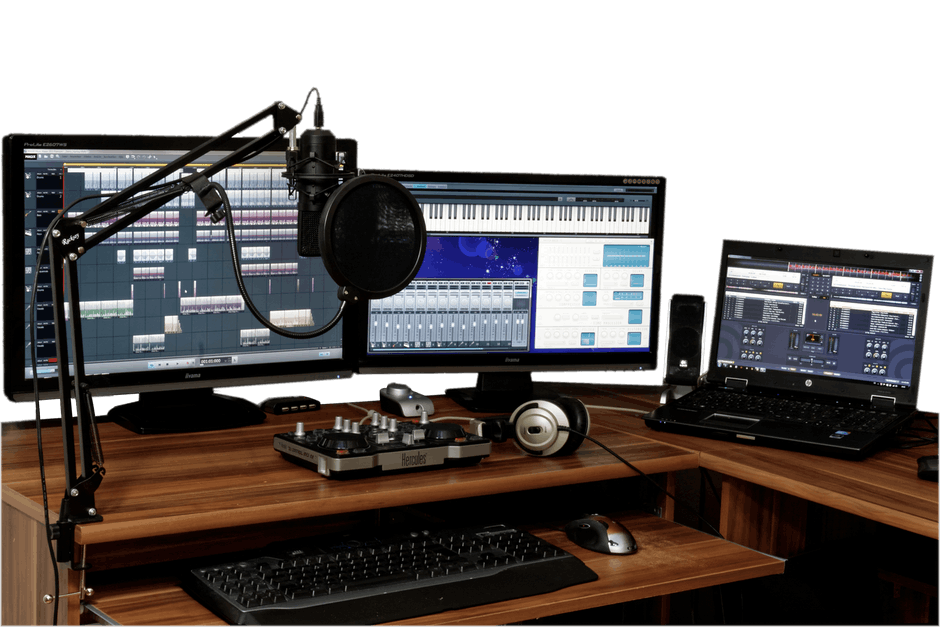
Many people like to wistfully romanticize about a simpler, less technologically saturated era, but the undeniable truth is that technology has revolutionized the world of music – transforming and democratizing the entire process of creating and recording music.
From simple keyboards to sophisticated music scoring software, here are the high-tech tools, programs, and software that every musician should consider making use of.
Four Technologies Every Musician Needs:
MIDI Keyboard:
Prior to the advent of MIDI as a technical standard, musicians were all too often faced with the frustration of instruments and devices from different manufacturers being completely incompatible. Despite being introduced nearly 30 years ago, tinkling the ivories of even the most basic MIDI keyboard remains one of the simplest and most effective ways to get the raw material of the music in your head out into the world. It may be in a cruder, more basic form than you’d necessarily like for finished work, but it’s the perfect starting point from which to begin molding it into a more concrete and definitive version.
These days there are countless different types of MIDI keyboard for you to choose from, ranging from stripped-back budget options to models covered in more dials and knobs than you’ll know what to do with – which option suits you best will vary depending on your approach and preferences, as well as which other technologies you choose to match it with.
Score writing Software:
Scoring and music notation software has had a big impact on the way musicians can work, making a previously costly and highly complex process simpler, more accessible and more efficient. There have been many notable examples of these programs over the years, but often the ones which produce the best results visually have been frustratingly slow and cumbersome to use.
Steinberg’s new music notation program Dorico sees the development team behind the pioneering Sibelius software building on their previous work to create something that’s flexible and intuitive to use, but also offers the highest level of results. Dorico’s highest-quality engraving and a mixture of portability and usability are all notable, but what really sets this technology apart are its unique features – it’s the only program of its kind that can be composed directly into to, making it perfect for musicians who need a program that can really roll with the creative punches.
Read More: Best Marketing Automation Software for Small Businesses
Sample Libraries:
By now you’ve inputted the skeleton framework of your idea and begun to add the musical flesh to its bones, but to fully appreciate how it’s progressing you might want to consider using a sample library of virtual instruments.
A number of scoring software have access to their own collections of sound samples, and for some musicians, this may well be all they’ll ever need – but for creating highly complex and intricately detailed compositions, it’s worth considering linking your program to the vast virtual instruments library of EastWest Sounds. As well as boasting one of the most detailed libraries of orchestral samples in the world, they’ve also made the move to choral samples – making them a popular choice for the soundtrack composers of a number of major films and television shows.
Digital Audio Workstations:
Music notation software is the perfect tool for creating work designed to be played by other musicians, but if you’re planning on creating an entire, complete piece of music yourself – electronic compositions, for example – then you may find that a digital audio workstation (DAW) proves to be a crucial tool. These tools can cover the entire creation process, from editing your music as you progress, to adding production flourishes and tweaks to the finished piece. Although many come with inbuilt score writing software functions, their capabilities are far below those of an advanced notation program like Dorico – so integrating the two could be the best way to maximize the potential of both tools and ensure pitch-perfect results, depending on the type and complexity of the music you’re writing.
Each of these technologies offers a modern musician a unique and innovative set of benefits and advantages Whether you use them individually, or chose to integrate them into a single creative process will often depend on your specific requirements – but each of them is worth considering for any musician looking to transform and improve their creative process.
Read More:
- Is Hiring Software The Next, Big Technology To Hire Qualified People On Board?
- 10 of the best business apps you must download
- 5 Software Tools to Monitor and Manage Workforce
- 10 of the best business apps you must download
- 10 Best Photo Editing Software of 2018
- The Power of Branding to Compete Against the Big Players in the Market








